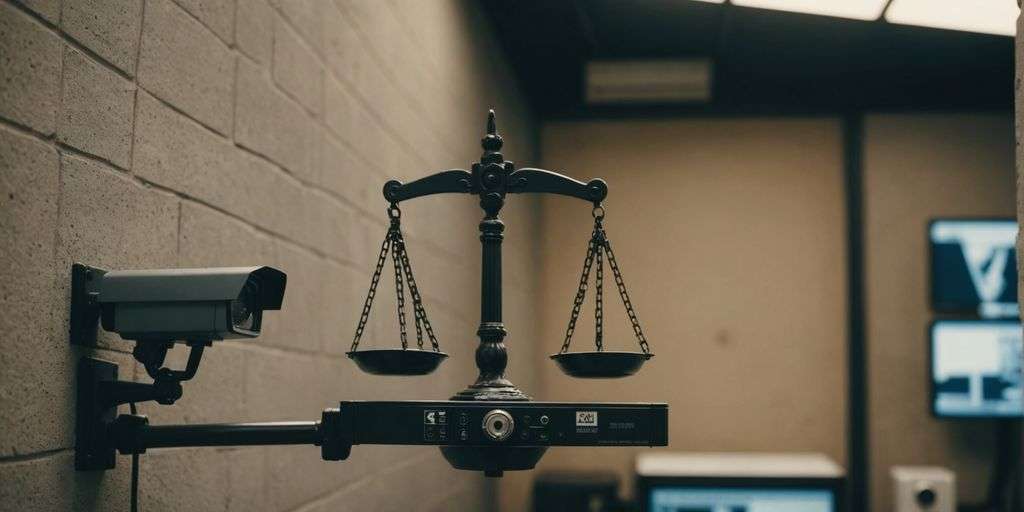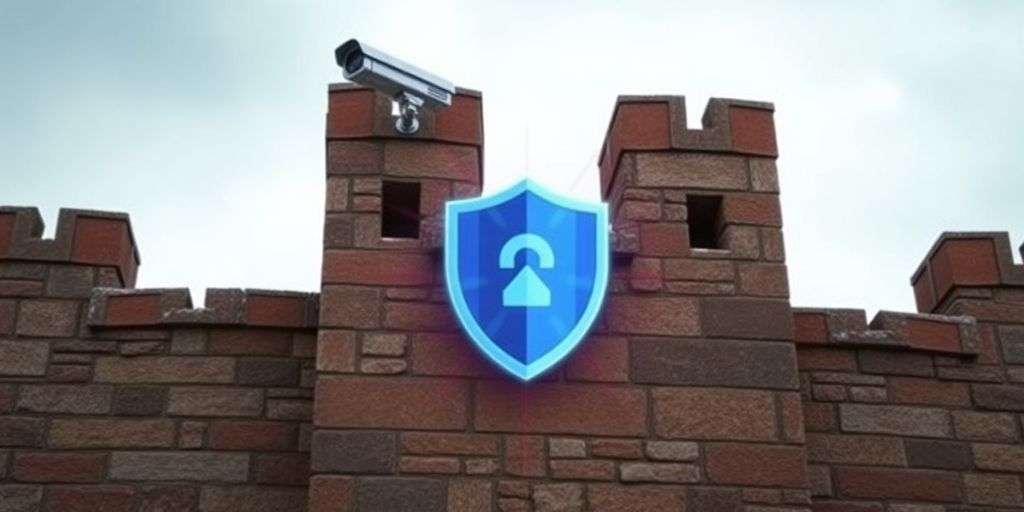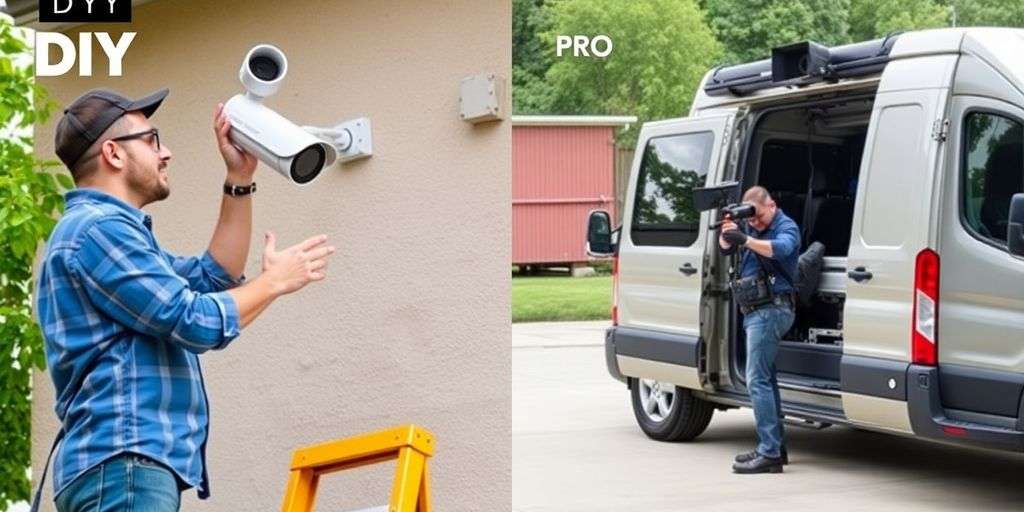Understanding Privacy Laws for CCTV Installation

Key Privacy Legislation
When setting up CCTV systems, it’s crucial to be aware of the privacy laws that apply. These laws are designed to protect individuals’ privacy rights. Failing to comply with these laws can result in severe penalties. In many places, you need to get consent from people before recording them, especially in private areas like bathrooms or changing rooms.
Employee and Customer Notification
If you have CCTV cameras, you must inform your employees and customers about them. This is not just a good practise but a legal requirement. Clear signs should be placed to notify everyone that they are being recorded. This helps in maintaining transparency and trust.
Consequences of Non-Compliance
Not following privacy laws can lead to serious consequences. You might face legal actions, fines, or even be forced to remove your CCTV systems. It’s essential to stay updated with the laws to avoid any legal troubles. Always ensure that your CCTV usage is compliant with the current regulations.
Legal Requirements for CCTV Usage
Data Protection Act
The Data Protection Act outlines how CCTV images should be used and shared to protect the rights of those captured. If you plan to install CCTV, it’s crucial to understand whether this Act applies to you and how to comply. For instance, sound recording should be turned off, access to footage should be limited, and a log should be kept of who views the recordings.
Surveillance Camera Code of Practise
The Surveillance Camera Code of Practise provides guidelines to ensure that CCTV systems are used responsibly. This includes using cameras only for legitimate security reasons, like preventing crime or ensuring public safety. It’s also important to respect privacy by not placing cameras in areas where people expect privacy, such as bathrooms or changing rooms.
Signage and Public Awareness
Clear notification is essential when using CCTV. People must be informed about the presence of cameras through signs or other means. This helps in maintaining transparency and ensures that individuals are aware they are being monitored. Proper signage not only complies with legal requirements but also promotes trust and openness.
Ethical Considerations in CCTV Deployment
When setting up CCTV systems, it’s crucial to find a balance between keeping people safe and respecting their privacy. Over-surveillance can make people feel uncomfortable and watched all the time. To avoid this, only place cameras where they are truly needed and avoid sensitive areas like bathrooms or private offices.
Being open about CCTV usage is key. Informing employees and customers about where cameras are located and why they are there helps build trust. Transparency ensures that everyone knows they are being watched and understands the reasons behind it. This can be done through clear signage and regular communication.
Properly managing the footage collected by CCTV cameras is essential. This includes securely storing the data and limiting access to authorised personnel only. Regularly deleting old footage that is no longer needed can help protect people’s privacy. Additionally, having clear policies on how long footage is kept and how it is used can prevent misuse.
Potential Legal Implications of CCTV Surveillance
Invasion of Privacy Claims
Installing CCTV cameras on private property can lead to concerns about privacy laws. If cameras capture footage of a neighbour’s yard or driveway, it could result in complaints about invasion of privacy. It’s crucial to ensure cameras are positioned correctly to avoid legal issues.
Neighbouring Property Concerns
When setting up CCTV, it’s important to consider the impact on neighbouring properties. Cameras should not intrude on others’ privacy. Misaligned cameras can lead to disputes and potential legal action from neighbours who feel their privacy is being invaded.
Use of Footage in Legal Proceedings
CCTV footage can be a valuable asset in legal cases, but it must be handled properly. The footage should be stored securely and only used for its intended purpose. Misuse of footage can lead to legal consequences and undermine trust in surveillance systems.
Proper handling and storage of CCTV footage are essential to maintain its integrity and ensure it is admissible in court.
Conclusion
Understanding the legal aspects of CCTV installation is crucial for both businesses and homeowners. It’s not just about setting up cameras; it’s about respecting privacy and following the law. Always inform people if they are being recorded, as failing to do so can lead to legal troubles. By being aware of and complying with the regulations, you can ensure that your CCTV system is both effective and lawful. Remember, a well-informed approach to CCTV usage not only enhances security but also builds trust and transparency.
Frequently Asked Questions
What are the key privacy laws to consider when installing CCTV?
When installing CCTV, it’s important to be aware of privacy laws that protect individuals’ rights. These laws often require you to inform people that they are being recorded and ensure that the cameras do not invade their personal space, like bathrooms or changing rooms.
Do I need to notify my employees and customers about CCTV cameras?
Yes, it’s both polite and legally required to inform your employees and customers that they are being filmed. Failure to do so can result in legal consequences and might also make the footage inadmissible in court.
What can happen if I don’t comply with CCTV laws?
Non-compliance with CCTV laws can lead to serious legal trouble, including fines and lawsuits. Additionally, any footage obtained may not be usable in legal proceedings, and you could face complaints about invasion of privacy.





